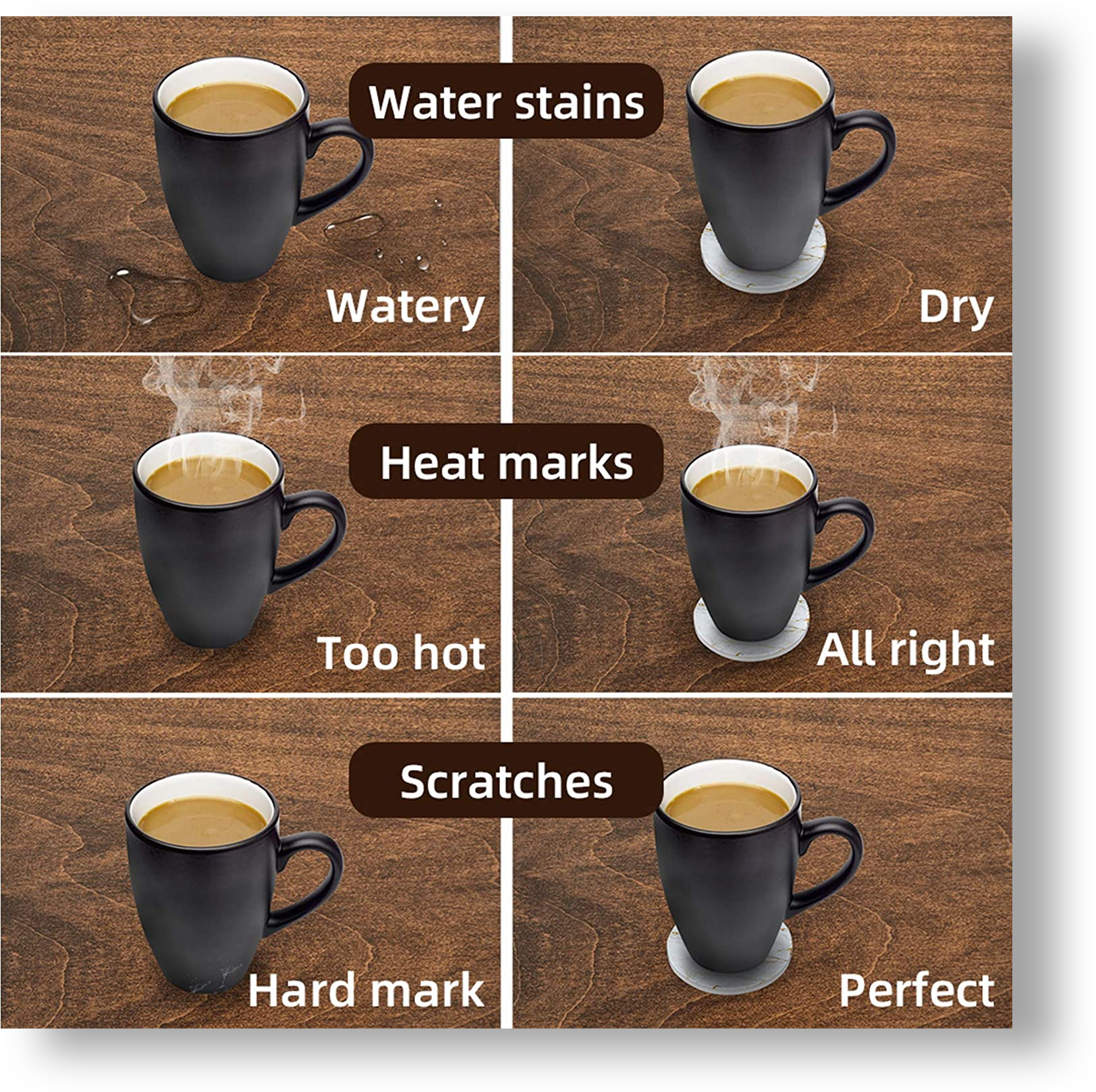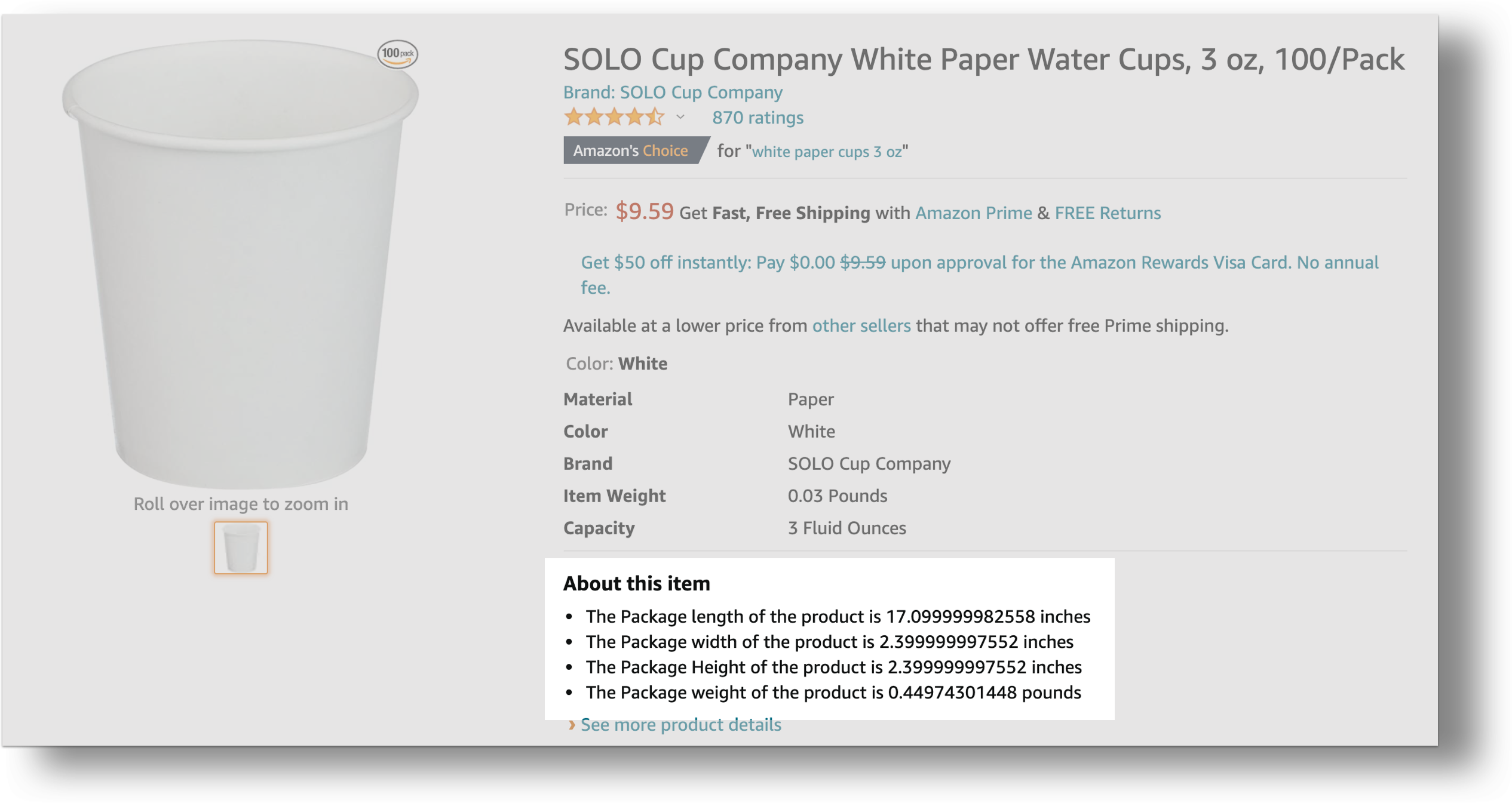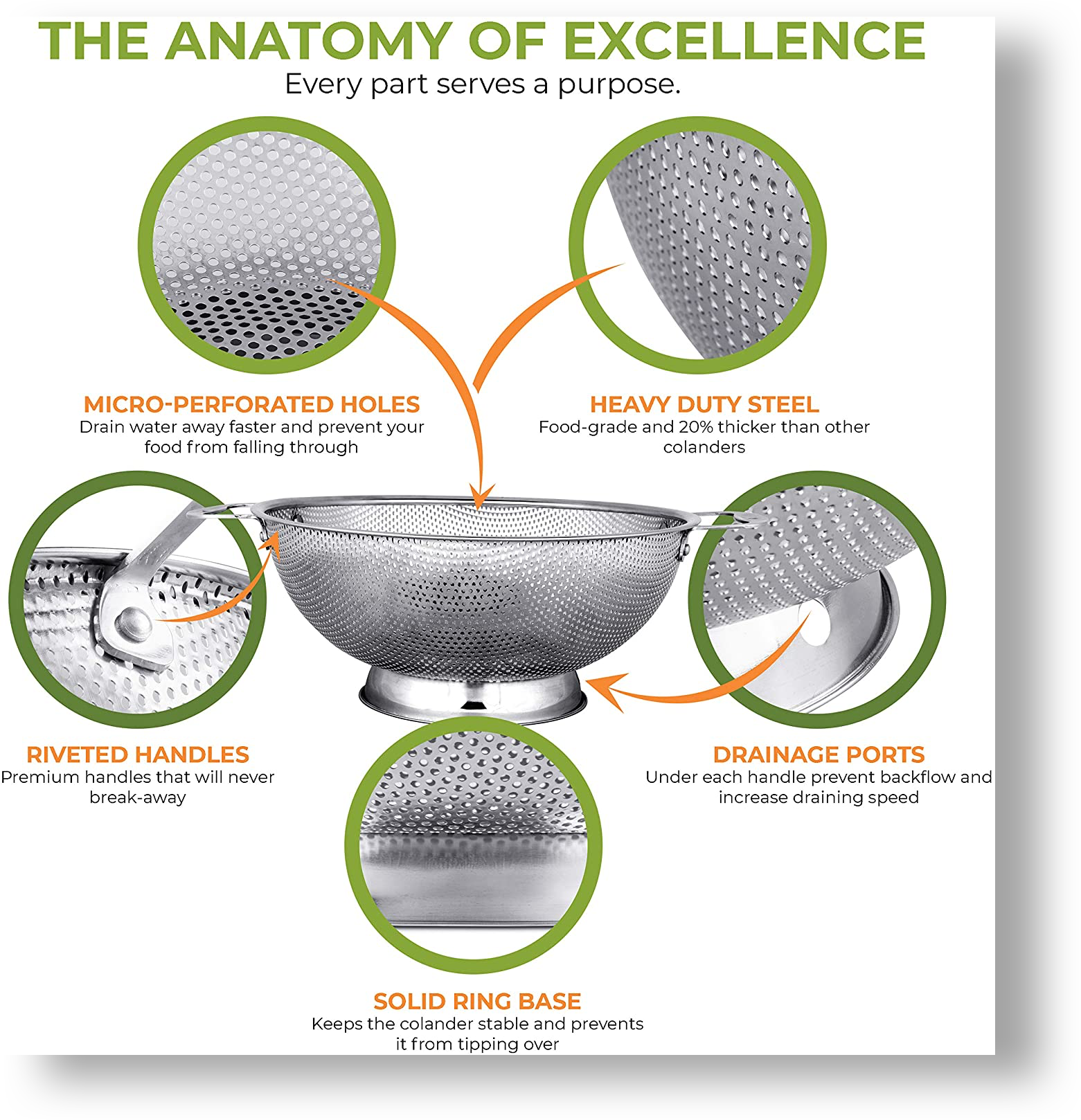Master’s Thesis
My project is the culmination of a 3-month digital ethnography that questions ⏤
What can we learn about content strategy, information design and UX writing from Amazon reviews?
THE INSPIRATION
How has the shift in our information landscape changed how we consume information?
I’m interested in human behavior and the factors that influence how people process information online. I wonder how the seismic shift in our information landscape has changed how we consume and value information. Design and language must play a big role.Design exists so people can get and use content. Yet, content is often an afterthought in product design. There’s a lot of focus on features and tools, but not enough focus on the content they deliver.
The consequences of treating content as an afterthought is reflected in the sad state of internet content. So much online content is insufficient or superfluous, obvious, redundant, meaningless marketing drivel riddled with SEO keywords. I often find whatever information I’m looking for on Reddit, or in the comments of an article that was supposed to answer my question.
AMAZON
The volume, quality and organization of content on a typical product page is reprehensible.
We usually poke around the product page for 3 seconds before plunging down the long scroll to read the reviews.
We usually poke around the product page for 3 seconds before plunging down the long scroll to read the reviews.
Juxtaposed to the seller’s marketing babel (which we’ve learned to ignore), the plain language reviews read like a revelation.









RESEARCH QUESTIONS
What separates information from wisdom online?
Is more meaningful content gleaned from communal conversations between strangers online or through more formalized channels?How do we get better at estimating what other people don’t know?
How do we get better at identifying users’ information needs? Can user reviews be mined as a form of user research?
Short of direct observation, pseudonymous platforms like Reddit and Amazon allow researchers to get as close to a real-world observation as possible. In some cases, data gleaned from user reviews might be more accurate than self-reports from traditional research avenues like surveys and interviews. What can we learn about people’s information needs, motivations and attitudes from user reviews?
The more we know about our users, the better we can deliver content and messaging that resonates with them. Without understanding our users, it’s easy to say too little, too much, or the wrong thing.
THESIS PRESENTATION
Watch me deliver my 10-minute thesis presentation.
Watch me deliver my 10-minute thesis presentation.